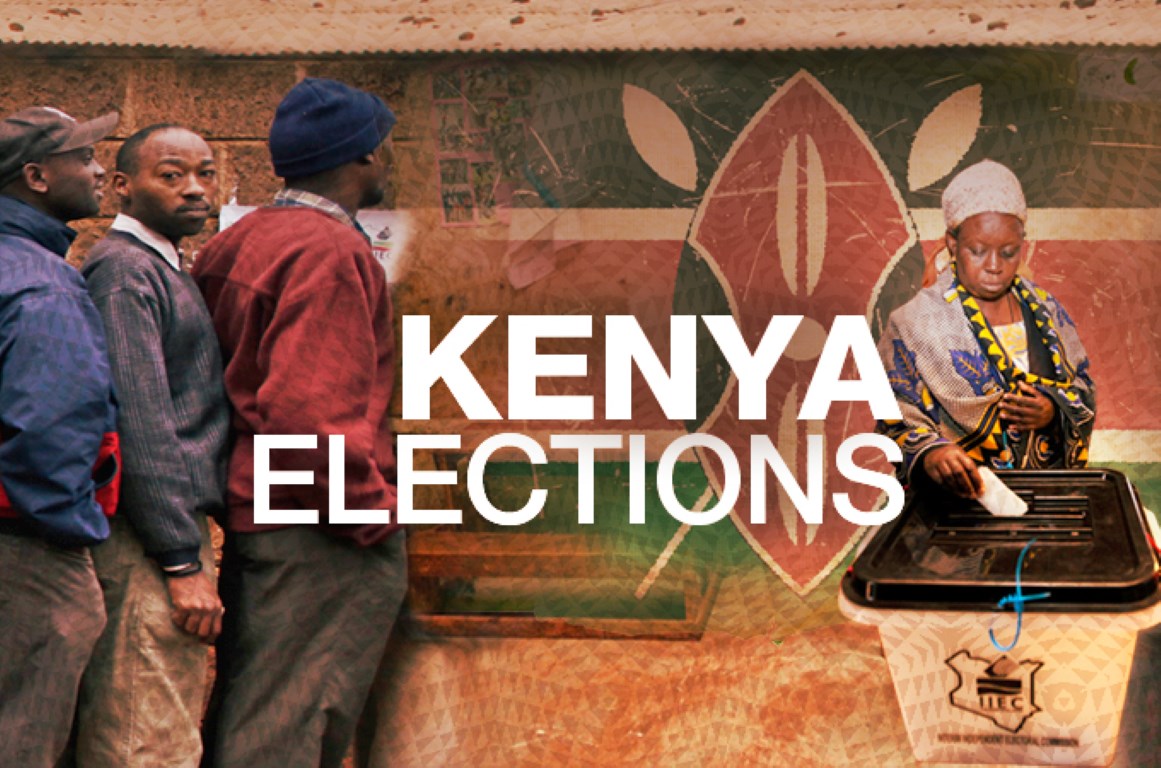Kenya Elections
May 1, 2017 | Expert Insights

Who are the main candidates in this election?
On Tuesday, August 8th, 2017, Kenya will go to the polls to decide who will become the next president. The last election was tumultuous to say the least as Kenya was caught in the grips of ethnic violence following the 2013 Elections which saw Uhuru Kenyatta, son of the first President of Kenya, win by a small margin. Kenyatta, currently a member of the Jubilee Alliance under The National Alliance (TNA), is expected to run against his Vice President William Ruto.
From the Coalition for Reforms & Democracy (CORD) Raila Odinga, challenger in the 2013 elections, is also vying for the seat of power. His alleged role in the 2007 post-election civil unrest and South Sudan conflict has reduced his parties public support. While many want Odinga to step down for a younger candidate, the 71-year-old has stated he would support any candidate deemed fit by the party. Opinion polls see most MPs and Senators not being reelected to office. Kenyatta still ranks better than Odinga with ratings of 45.4% to 37.1% respectively.
Has Kenya progressed during Kenyatta’s Presidency?
The ethnic violence of 2013 saw the death of nearly 118 people but displacement during clashes affected children, women and elderly people more than others. In contrast to other African countries, however, the intensity of violence has been low.
Schemes for medical access (such as the free maternity program), education (greater electricity and student-to-pupil ratios) and employment programs have helped positively. Welfare programs for the disabled and elderly have been put in place. Tea tax levies in the agricultural sector have helped farmers but also left the country under massive debts accruing to $25 trillion.
National debt, corruption, inadequate government services and facilities have contributed to stagnation in the economy. A mere 4.4% urbanization rate has a large chunk of Kenyans living in villages and rural settings. The literacy rate is 85%, far greater than other African countries, but the quality of education is substandard. Lack of transparency and fear of covert government violence has heightened insecurity amongst the masses. Consequently, many Kenyans lost faith in the electoral processes of the country.
What are the major threats to Kenya?
With over 40 different ethnic groups living in Kenya, conflicts arise on grounds from ideology and territory. Natural and man-made problems such as crop-failures and poor governance has plagued the domestic stability of the country. Home to the world’s largest refugee camp in Dadaab, which currently provides asylum for nearly 350,000 Somalians, Kenya has not been adversely affected by the migrant situation. The future closure could threaten the stability around the area.
Al-Shabaab’s strength in the country has diminished significantly with proactive anti-terrorism policies carried out by the Kenyan government. Overall inactivity cannot rule out their existence as jihadism has spread in the area.
Assessment
The concentration of power in the hands of the rich and elite has been a problem for many African countries. The ICC’s charges against Kenyatta, although dropped, have made him an unfavorable world leader. Dissatisfaction with the Jubilee government could work in favor of Odinga’s CORD party. Support for other candidates like Kalonzo Musyoka, Musalia Mudavadi and Gideon Moi is considerably low. However, voters are more supportive of the President-Running Mate duos than they are of candidates singularly.








Comments